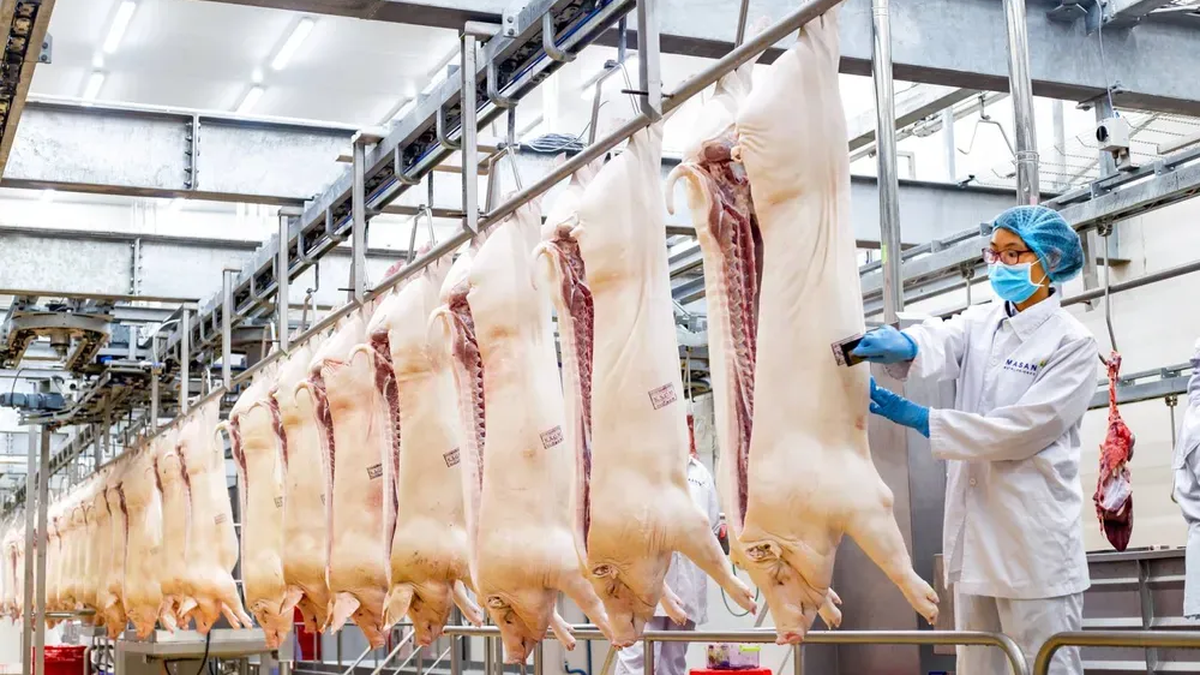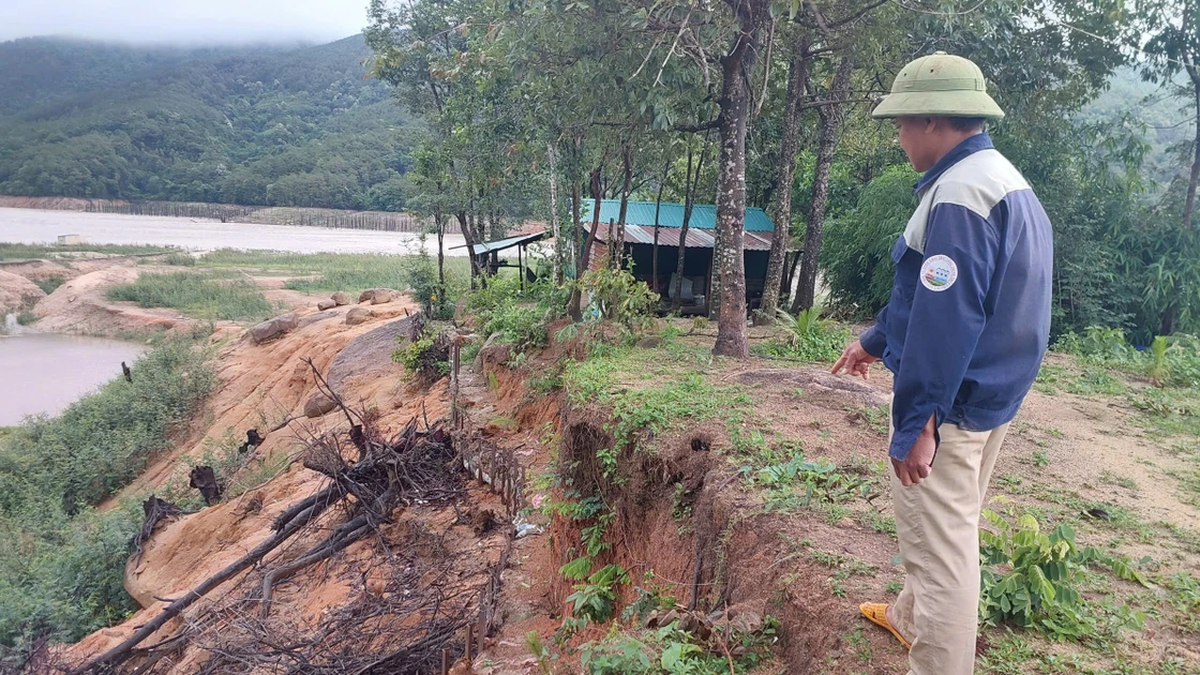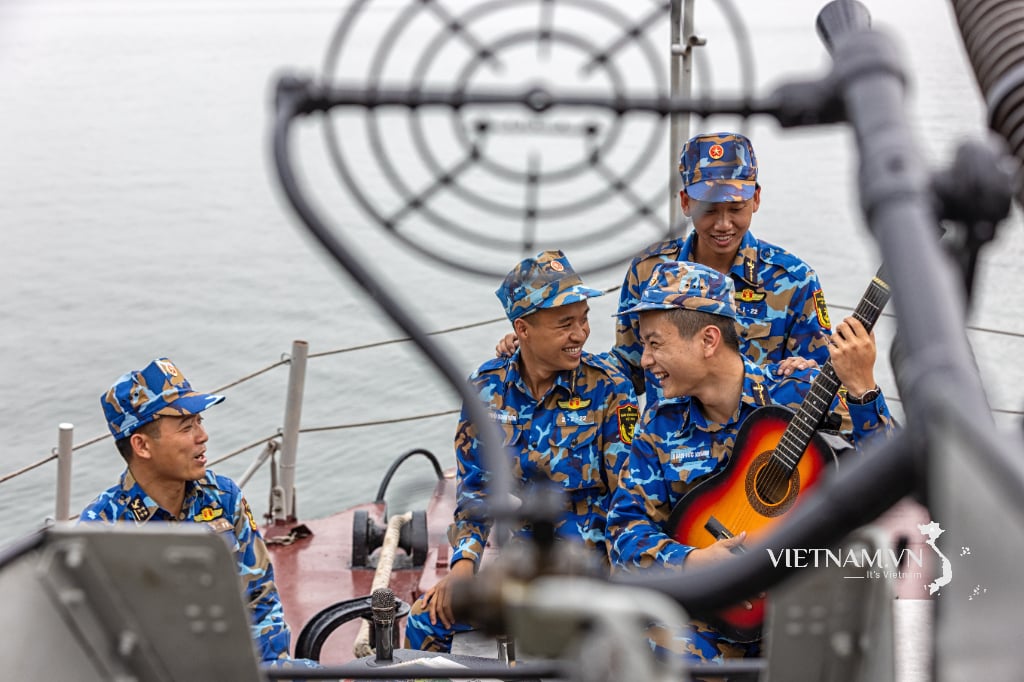The impact of typhoons Saola and Haikui caused the heaviest rain in 140 years in Hong Kong, submerging many roads and subway stations.
Record rain and floods in Hong Kong this weekend. Video : HKFP
Heavy rain began to fall in Hong Kong on the evening of September 7. Between 11pm and midnight, more than 158mm of rain fell, the highest recorded since 1884, according to the Hong Kong Meteorological Observatory. The record rainfall caused flooding, submerged subway stations, stranded drivers and forced schools to close.
The extreme weather in Hong Kong is a reminder that climate change is indeed here, according to Lam Chiu-ying, former director of the Hong Kong Meteorological Observatory. He said the torrential rains that caused severe flooding and landslides in many districts across Hong Kong were “unthinkable” half a century ago.
The heavy rains were the result of the impact of two powerful typhoons, Saola and Haikui, according to extreme weather scientist Chu Jung-eun, a professor at the City University of Hong Kong. Saola hit Hong Kong last weekend, causing severe flooding, toppling trees and blowing away solar panels. The storm has since moved away from Hong Kong but is still indirectly affecting the city due to the southwest monsoon.
Chu said that air masses formed by typhoons Saola and Haikui met in Hong Kong on the evening of September 7, resulting in very heavy local rainfall. She added that both storms intensified rapidly, increasing their intensity by more than 50 km/h within 24 hours.
According to Chu’s climate simulations and the consensus of experts in the field, hurricanes will become more powerful and bring more rain under climate change. “Climate change will definitely affect hurricane intensity,” Chu said. She added that hurricanes also get more energy from warmer oceans due to El Niño, a natural phenomenon that raises sea surface temperatures regardless of human activity.
The world has seen record-high ocean surface temperatures, including in the northern part of the South China Sea off Hong Kong, according to Jed Kaplan, a professor at the University of Calgary in Canada. Warm ocean temperatures lead to increased moisture in the air, which can form rain under the right meteorological conditions.
Hong Kong is experiencing climate change, Kaplan said, not only through tropical storms but also through extremely hot days and nights. “All of these meteorological phenomena lead to difficult situations for people: increased cases of heatstroke and heat-related illnesses, infrastructure damage from floods, storms and landslides, economic losses, and investment in repairs and mitigation of future risks,” he said.
Thu Thao (According to Hong Kong Free Press )
Source link























![[Photo] Discover the "wonder" under the sea of Gia Lai](https://vphoto.vietnam.vn/thumb/1200x675/vietnam/resource/IMAGE/2025/8/6/befd4a58bb1245419e86ebe353525f97)

![[Photo] Nghe An: Provincial Road 543D seriously eroded due to floods](https://vphoto.vietnam.vn/thumb/1200x675/vietnam/resource/IMAGE/2025/8/5/5759d3837c26428799f6d929fa274493)









































































Comment (0)